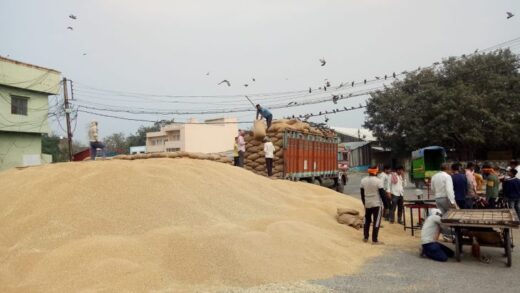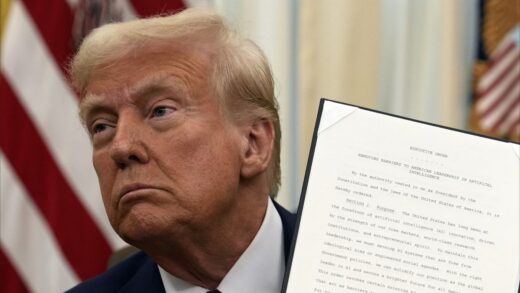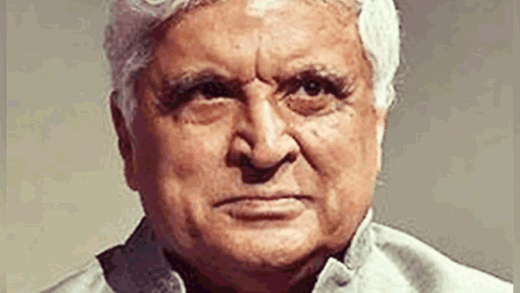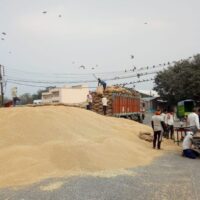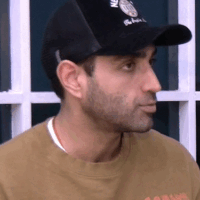South Sudan is the world’s newest country. Yet nearly one-and-a-half decades after gaining sovereign statehood in July 2011 it appears to have a second-class form of independence. Not under direct colonial control and no longer part of the larger (currently war-torn) state of Sudan, South Sudan has a contemporary form of rule: resilience governance. Resilience often sounds like a nice idea but when international agencies and institutions think that resilience is poor, communities risk being constrained by a politics of subordination and international dependency. This is because lacking resilience means you require external tutelage. This type of external “resilience support” should not be understood as a merely temporary set of measures. There is a resilience paradox: the consequence of resilience policymaking is that community coping capacities are undermined while the international agency presence continues to expand.
This new form of international institutional resilience governance is managed by resilience “experts” who work through a wide range of international NGOs, fed on the funds of donors and national governments. In post-independence South Sudan, international agencies rapidly shifted away from purely humanitarian aid to much more politically and economically long-term resilience programming. This resulted in the UK-funded Building Resilience through Asset Creation and Enhancement (2013–2015 and 2015–2023) and Humanitarian Assistance and Resilience in South Sudan (2015–2021). In addition to a host of multi-donor programmes, such as the Partnership for Resilience and Recovery and the Reconciliation, Stabilization and Resilience Trust Fund, as well as the establishment of the NGO-led Resilience Exchange Network.
While colonialism operated in a clear and direct fashion, denying civil and democratic rights, resilience works as a strange half-way house where (formally) people, communities and governing agencies are treated as if they are equal to their Western advisors and capacity-builders – but in practice it is clear that they are seen as unable to participate on the basis of equality.
Resilience discourses of economic sustainability, rights, civil society and policing all assume that the South Sudanese are somehow not ready to access liberal modes of development and democracy. For example, instead of doing development work, international agencies are likely to argue that development will fail if communities are not already “resilient”, or that resilience is a “conceptual bridge between coping and development”. Instead of just delivering humanitarian aid or temporary assistance for policing or welfare, aid agencies argue that these policies or resources will not help without community resilience. Talk to the political NGOs that work with the political parties and it’s the same thing, apparently people are not really ready for democracy; society lacks an “inclusive contract”, so civil society needs to become resilient and parties need to focus upon technical concerns rather than issues which might be divisive and risk a return to violence.
There is a clear distinction between the Global South recipients of resilience promotion, who are placed in the condition of being objects of resilience policymaking, and the resilience imaginary of successful Western subjects who are coping, recovering and always open to adaptative possibilities. In the Global South, resilience-building works differently to deny a sense of selfhood rather than to celebrate the neoliberal entrepreneurial self.
Held to not be independent and self-determining subjects, communities are therefore seen to lack a grounding for self-assertion, for a legitimate voice, for policymaking consent. This distinction raises clear similarities with the era of colonialism and with racial hierarchies of power and influence. As Denise Ferreira da Silva argues, the divide between colonised and coloniser was constructed along precisely these lines. In this context, the University of Westminster and Coventry University have a joint academic networking project (funded by the UK Arts and Humanities Research Council) designed to explore what it might mean to “decolonise resilience” through building a network of scholars from the Global South. The project initially involves an exchange of scholars from University of Ghana, University of Kigali and University of Juba. We met for a second workshop, in Juba, South Sudan, at the end of November this year.
One of the first things that has emerged from our work is that resilience seems to be a confusing category. In terms of traditional international policy discourses, resilience is hard to pin down. While humanitarian and development discussions assume the independence of the recipients, resilience undermines or works outside of liberal understandings of equality and universalist understandings of capacities and capabilities.
Resilience is also hard to pin down in the more specialist policy and academic literature. In some writings, resilience is used in a more traditional sense, to indicate modes of coping and “bouncing back” to maintain coherence and structure. However, contemporary forms of resilience seem to be all about “bouncing forward”, using crises to seek transformative and forward-looking opportunities. However, this debate about resilience as bouncing-back or bouncing-forward risks concealing another and much more problematic form of resilience in the Global South. Here resilience governance is producing a problematic stasis instead: the resilience paradox. Resilience governance initiatives in the Global South rarely support “bouncing-back” arguing that local forms of rule were problematic in terms of gender and age inclusion, at the same time communities are seen to lack the self-sustaining capacities to “bounce-forwards”. In these cases, focusing on resilience rather than traditional modes of humanitarian and development support has been counterproductive, maintaining communities in a state of suspension instead.
USAID projects, that work on the limitations of post-independence rule in South Sudan, recognize the fact that resilience-building has been self-defeating but at the same time the solution is always more attempts to improve resilience-building interventions. As one USAID project argues: “Putting communities in the driver’s seat after decades of donor dependence, however, is challenging: Communities are unaccustomed to addressing their own challenges, and implementing partners are often more comfortable using top-down approaches.” The paradox of resilience work is that external agencies see resilience support as working on the preconditions for autonomy rather than recognising autonomy. The reason their projects fail may well be that resilience “experts” necessarily start from problematising local capacities and capabilities rather than building upon them.
Further Reading on E-International Relations
Source link
#Resilience #Governance #Form #Colonialism #Global #South





